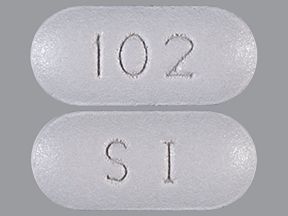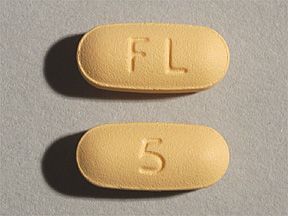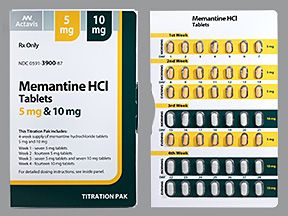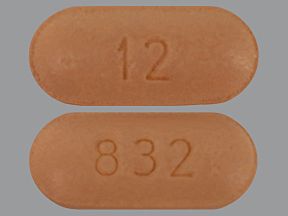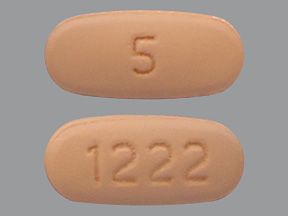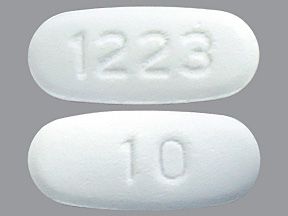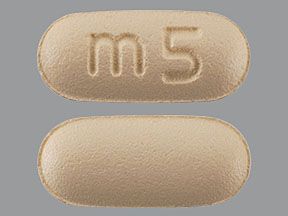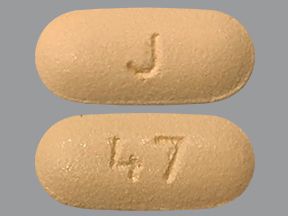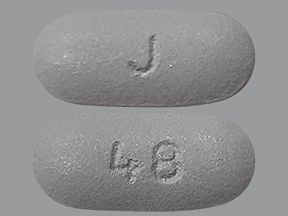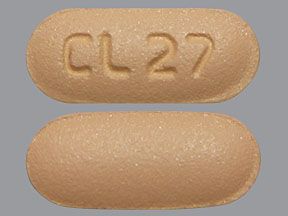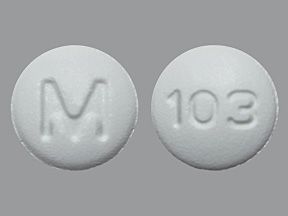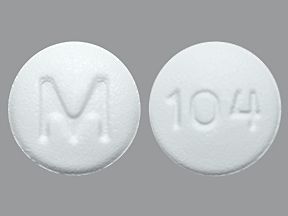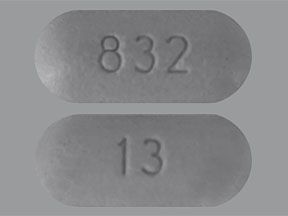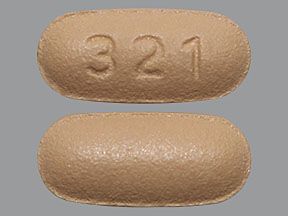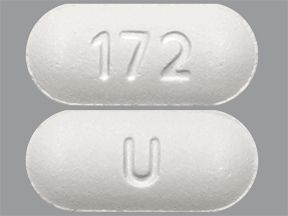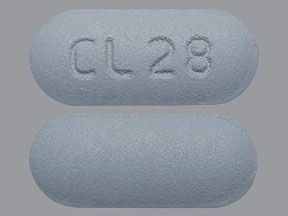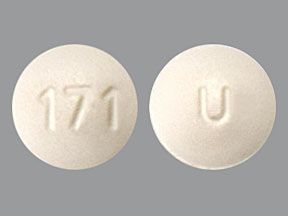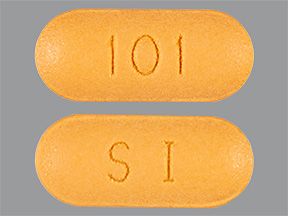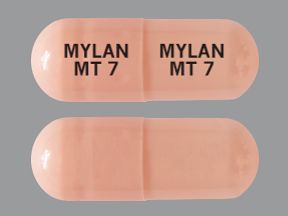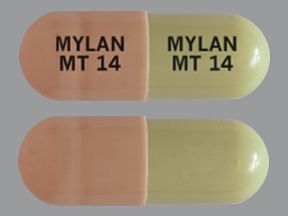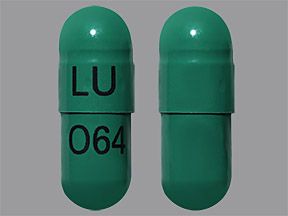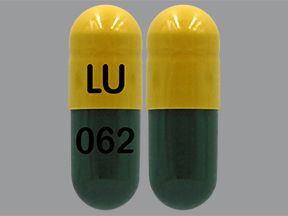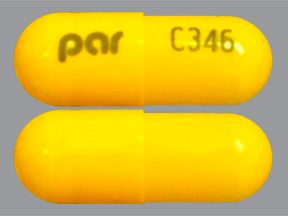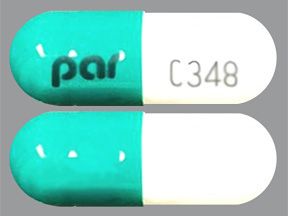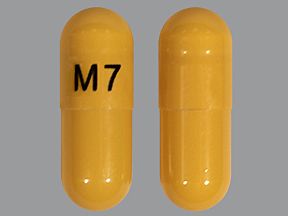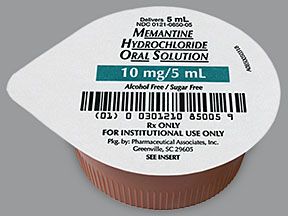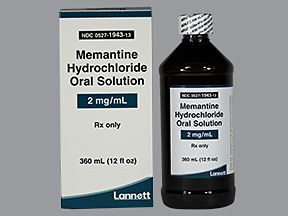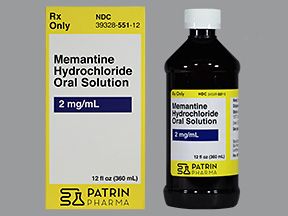Memantine oral tablet is a generic prescription drug that’s used to treat Alzheimer’s disease. Specifically, memantine helps decrease symptoms of dementia caused by this condition. The drug is a type of NMDA receptor antagonist.
- Memantine oral tablet is available as a brand-name drug and a generic drug. Brand name: Namenda.
- Memantine comes in three forms: immediate-release tablet, oral solution, and extended-release capsule.
- Memantine oral tablet is used to treat moderate to severe dementia caused by Alzheimer’s disease.
Memantine is a prescription drug. It comes in three forms, all oral (taken by mouth): an immediate-release tablet, oral solution, and extended-release capsule. (“Immediate release” means the drug is released into your body right away. “Extended release” means the drug is slowly released into your body over a long period of time.)
This article focuses on the immediate-release oral tablet.
Memantine oral tablet is available as the brand-name drug Namenda. It’s also available as a generic drug. Generic drugs usually cost less than the brand-name version. In some cases, they may not be available in every strength or form as the brand-name drug.
Memantine may be used as part of a combination therapy. That means you need to take it with other drugs to treat dementia associated with Alzheimer’s disease.
Why it’s used
Memantine oral tablet is used to treat moderate to severe dementia in adults with Alzheimer’s disease. It helps reduce dementia symptoms, but it doesn’t cure or slow the progression of Alzheimer’s disease.
How it works
Memantine belongs to a class of drugs called NMDA receptor antagonists. A class of drugs is a group of medications that work in a similar way. These drugs are often used to treat similar conditions.
The cause of Alzheimer’s disease isn’t fully understood. People with the disease may be overexposed to the chemical glutamate. This is thought to cause damage to the brain cells in people with Alzheimer’s disease.
How memantine works (its mechanism of action) is by blocking the receptors in the brain that glutamate would normally bind to. This decreases the harmful effect of glutamate in the brain and may help improve symptoms of dementia.
Memantine oral tablet can cause mild or serious side effects. The following list contains some of the key side effects that may occur while taking memantine. This list does not include all possible side effects.
For more information on the possible side effects of memantine or tips on how to deal with a bothersome side effect, talk with your doctor or pharmacist.
More common side effects
The more common side effects that can occur with memantine include:
- drowsiness
- dizziness
- headache
- confusion
- constipation
If these effects are mild, they may go away within a few days to a couple of weeks. If they’re more severe or don’t go away, talk to your doctor or pharmacist.
Serious side effects
Call your doctor right away if you have serious side effects. Call 911 if your symptoms feel life threatening or if you think you’re having a medical emergency. Serious side effects and their symptoms can include the following. Note that all of these side effects weren’t reported in studies of memantine. But they were reported after the drug became available to prescribe.
- Allergic reaction. Symptoms can include:
- swelling of your tongue, lips, or face
- shortness of breath
- skin rash
- hives
- Hepatitis (inflammation of the liver). Symptoms can include:
- yellowing of your skin or the whites of your eyes
- Pancreatitis (inflammation of the pancreas). Symptoms can include:
- severe nausea
- severe abdominal pain
- Congestive heart failure. Symptoms can include:
- shortness of breath
- swelling in your feet and ankles
- Change in mental health. Symptoms can include:
- hallucinations
- thoughts of suicide
Help is out there
If you or someone you know is in crisis and considering suicide or self-harm, please seek support:
- Call or text the 988 Suicide and Crisis Lifeline at 988.
- Text HOME to the Crisis Text Line at 741741.
- Not in the United States? Find a helpline in your country with Befrienders Worldwide.
- Call 911 or your local emergency services number if you feel safe to do so.
If you’re calling on behalf of someone else, stay with them until help arrives. You may remove weapons or substances that can cause harm if you can do so safely.
If you are not in the same household, stay on the phone with them until help arrives.
Memantine oral tablet can interact with several other medications. Different interactions can cause different effects. For instance, some can interfere with how well a drug works, while others can cause increased side effects.
Below is a list of medications that can interact with memantine. This list does not contain all drugs that may interact with memantine.
Before taking memantine, be sure to tell your doctor and pharmacist about all prescription, over-the-counter, and other drugs you take. Also tell them about any vitamins, herbs, and supplements you use. Sharing this information can help you avoid potential interactions.
If you have questions about drug interactions that may affect you, ask your doctor or pharmacist.
Drugs used to treat glaucoma
Taking these drugs with memantine can increase the amount of memantine in your body. This can lead to more side effects. Examples of these drugs include:
- acetazolamide
- methazolamide
Sodium bicarbonate
Taking memantine with sodium bicarbonate, which can be used to treat heartburn, can increase the amount of memantine in your body. This can lead to more side effects.
Parkinson’s disease medication
Amantadine (Gocovri) works in a similar way to memantine. Taking them together may lead to increased side effects.
Anesthesia medication
Ketamine (Ketalar) works in a similar way to memantine. Taking them together may lead to increased side effects.
Cough medication
Dextromethorphan (Delsym) works in a similar way to memantine. Taking them together may lead to increased side effects.
The memantine dosage your doctor prescribes will depend on several factors. These include:
- the type and severity of the condition you’re using memantine to treat
- the form of memantine you take
- other medical conditions you may have
Typically, your doctor will start you on a low dosage and adjust it over time to reach the dosage that’s right for you. They’ll ultimately prescribe the smallest dosage that provides the desired effect.
The following information describes dosages that are commonly used or recommended for memantine oral tablet and its brand-name version, Namenda oral tablet. However, be sure to take the dosage your doctor prescribes for you. Your doctor will determine the best dosage to suit your needs.
Drug forms and strengths
Generic: Memantine
- Form: oral immediate-release tablet
- Strengths: 5 milligrams (mg), 10 mg
Brand: Namenda
- Form: oral immediate-release tablet
- Strengths: 5 mg, 10 mg
Dosage for Alzheimer’s disease
Adult dosage (ages 18 years and older)
- Typical starting dosage: 5 mg taken once per day.
- Dosage increases: Your doctor will likely increase your dosage to 5 mg twice per day or higher.
- Maximum dosage: 20 mg per day.
Child dosage (ages 0 to 17 years)
This drug hasn’t been established as safe or effective for use in children. It should not be used in children ages 17 years and younger.
Special dosage considerations
For people with kidney problems: If you have severe kidney issues, your doctor may give you a lower dosage of memantine.
This drug comes with several warnings.
Kidney and liver problems warning
If you have or develop serious kidney or liver problems, your dosage of this drug may need to be changed.
Allergy warning
This drug can cause a severe allergic reaction. Symptoms may include:
- itching
- hives
- rash
- peeling or blistering skin
- swelling of your tongue, lips, or face
- difficulty breathing
If you develop these symptoms, call 911 or go to the nearest emergency room.
Don’t take this drug again if you’ve ever had an allergic reaction to it. Taking it again could be fatal.
Warnings for people with certain health conditions
For people with kidney problems: If your kidneys aren’t working well, more of this drug may stay in your body longer. This puts you at greater risk of side effects. If you have severe kidney problems, your doctor may reduce your dosage of this drug.
For people with liver problems: Tell your doctor if you have a history of severe liver problems. If your liver isn’t working well, more of this drug may stay in your body longer. This puts you at greater risk of side effects.
Warnings for other groups
For pregnant people: There haven’t been enough studies done in humans to show whether memantine poses a risk to a human fetus. Certain negative effects were observed in animal studies, but animal studies don’t always predict the way humans would respond.
Tell your doctor if you’re pregnant or plan to become pregnant. This drug should be used during pregnancy only if the potential benefit justifies the potential risk.
For people who are breastfeeding: It isn’t known whether this drug passes through breast milk. If it does, it may cause serious effects in a child who is breastfeeding. Talk to your doctor if you’re currently taking this drug and you’re thinking about breastfeeding.
For children: This drug hasn’t been established as safe or effective for use in children. It should not be used in children ages 17 years and younger.
Memantine oral tablet is used for long-term treatment. It comes with serious risks if you don’t take it as prescribed.
If you stop taking the drug or don’t take it at all: Your dementia symptoms may not be relieved, and they may get worse.
If you miss doses or don’t take the drug on schedule: Your medication may not work as well or may stop working completely. For this drug to work well, a certain amount needs to be in your body at all times.
If you take too much: If you take too much of this drug, you may be at a higher risk of having side effects. These can include:
- agitation
- confusion
- hallucinations (seeing or hearing something that’s not really there)
- slowed heart rate
- increased blood pressure
- dizziness
- unsteadiness
- fainting
- fatigue (low energy)
- weakness
If you think you’ve taken too much of this drug, call your doctor or seek guidance from America’s Poison Centers at 800-222-1222 or through its online tool. But if your symptoms are severe, call 911 or go to the nearest emergency room right away.
What to do if you miss a dose: If you miss your dose of this drug, skip that dose and take your next dose as scheduled. Never try to catch up by taking two doses at once. This could cause dangerous side effects.
How to tell if the drug is working: Your mental function should get better. Your ability to perform simple, everyday tasks should improve.
This drug is not a cureAll people with Alzheimer’s disease have worsening symptoms over time. This is true even if they take medications such as memantine to help treat it.
Whether you have health insurance or not, cost may be a factor when you’re considering memantine. What you’ll pay for memantine may depend on several things, such as your treatment plan and the pharmacy you use.
Here are a few things to consider regarding cost:
- Cost information and savings coupons: You can visit Optum Perks to get price estimates of what you’d pay for memantine when using coupons from the site. See the coupon options below. (Note: Optum Perks coupons cannot be used with any insurance copays or benefits.)
- Savings programs: If you have questions about how to pay for your prescription, talk with your doctor or pharmacist. In addition, you can visit Medicine Assistance Tool and NeedyMeds, two websites offering resources that may help decrease the price you pay for memantine.
You can also check out this article to learn more about saving money on prescriptions.
Keep these considerations in mind if your doctor prescribes memantine for you.
General
You can crush or cut the tablet.
Storage
- Keep this drug at a temperature between 59°F and 77°F (15°C and 25°C).
- Keep this drug away from light and high temperature.
- Do not store this medication in moist or damp areas, such as bathrooms.
Refills
A prescription for this medication is refillable. You should not need a new prescription for this medication to be refilled. Your doctor will write the number of refills authorized on your prescription.
Travel
When traveling with your medication:
- Always carry your medication with you. When flying, never put it into a checked bag. Keep it in your carry-on bag.
- Don’t worry about airport X-ray machines. They can’t harm your medication.
- You may need to show airport staff the pharmacy label for your medication. Always carry the original prescription-labeled container with you.
- Don’t put this medication in your car’s glove compartment or leave it in the car. Be sure to avoid doing this when the weather is very hot or very cold.
Clinical monitoring
During your treatment with this drug, your doctor will monitor your cognitive function (how well your memory and thought processes function). They will also check your kidney and liver function.
Availability
Not every pharmacy stocks this drug. When filling your prescription, be sure to call ahead to make sure your pharmacy carries it.
Prior authorization
Many insurance companies require a prior authorization for this drug. This means your doctor will need to get approval from your insurance company before your insurance company will pay for the prescription.
There are other drugs available to treat your condition. Some may be better suited for you than others. Talk to your doctor about other drug options that may work for you.
Disclaimer: Healthline has made every effort to make certain that all information is factually correct, comprehensive, and up to date. However, this article should not be used as a substitute for the knowledge and expertise of a licensed healthcare professional. You should always consult your doctor or another healthcare professional before taking any medication. The drug information contained herein is subject to change and is not intended to cover all possible uses, directions, precautions, warnings, drug interactions, allergic reactions, or adverse effects. The absence of warnings or other information for a given drug does not indicate that the drug or drug combination is safe, effective, or appropriate for all patients or all specific uses.










